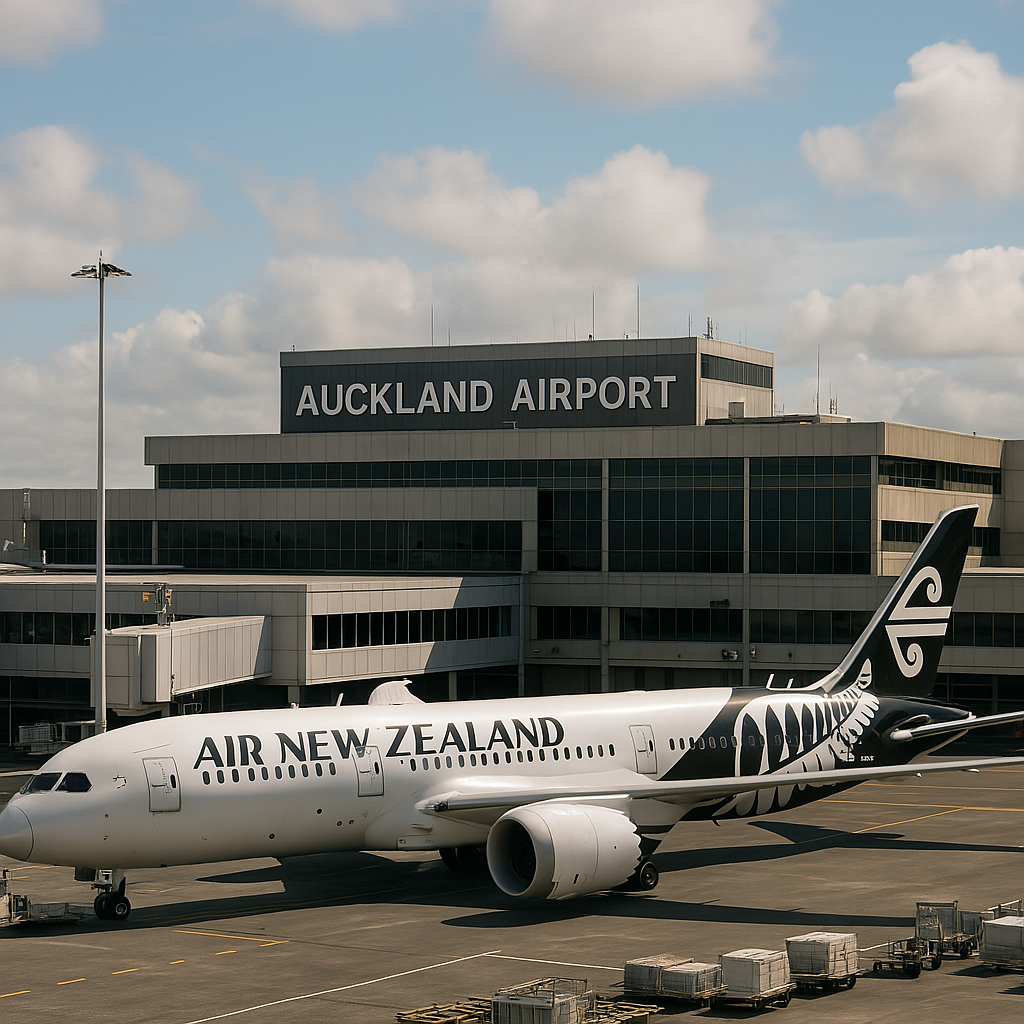IATA Urges Urgent Reform of New Zealand's Airport Economic Regulation
IATA points out that some costs currently incurred could have been mitigated or avoided altogether had there been effective and strategic management of infrastructure investments historically.

The International Air Transport Association (IATA) has called for urgent and comprehensive reforms to New Zealand's Economic Regulatory Framework for Airports, following the Commerce Commission's critical review of Auckland Airport's recent pricing decisions.
The Commerce Commission's review of Auckland Airport's Price Setting Event 4 revealed excessive charges imposed by the airport, estimating them to be inflated by between NZD150 million to NZD226 million. This conclusion has compelled Auckland Airport to respond by reducing charges over the next two years. However, IATA emphasizes that this response highlights inherent weaknesses in the existing regulatory system, underscoring a crucial need for systemic change.
Dr Xie Xingquan, IATA’s Regional Vice President for North Asia and Asia Pacific (ad interim), stated, "It is unsurprising that the Commission concluded Auckland Airport's charges were significantly excessive. The airport's subsequent reduction in charges is merely a reactive move. This entire episode underlines the critical flaws within the current economic regulatory framework, necessitating immediate and thorough reform."
IATA has pinpointed several specific areas of concern within the existing regulatory approach:
Firstly, the current framework's "light-touch" regulatory approach allows Auckland Airport, as the sole monopoly provider of aeronautical services, excessive flexibility to set its own charges independently. Such autonomy enables potential manipulation of the regulatory process. For instance, charges can be initially set artificially high, with airports lowering them only if regulatory reviews spotlight significant overcharging.
Secondly, the regulatory framework notably excludes non-aeronautical revenue streams—such as retail, car parking, and property rentals—from the Commerce Commission's oversight. These streams typically yield significantly higher profit margins, yet remain outside regulatory scrutiny, allowing airports additional unchecked financial benefits.
Additionally, IATA raised concerns regarding Auckland Airport's infrastructure investments. While acknowledging ongoing significant infrastructure development, airlines have consistently expressed dissatisfaction with various aspects, including project scope, timing, cost allocation, and overall affordability. IATA points out that some costs currently incurred could have been mitigated or avoided altogether had there been effective and strategic management of infrastructure investments historically.
"Given aviation’s significant contribution to New Zealand’s economy—accounting for 5.6% of national GDP and supporting approximately 177,000 jobs—the importance of demand-responsive, functional, and cost-effective infrastructure cannot be overstated," said Dr Xie. "However, current airport consultation processes are inefficient and potentially detrimental to passengers’ interests, signaling a clear and immediate need for reform."
To rectify these issues, IATA strongly advocates the adoption of a more robust regulatory framework that ensures transparency, fairness, and accountability, thereby safeguarding consumer interests and fostering sustainable growth in New Zealand's vital aviation sector.










